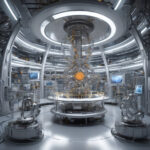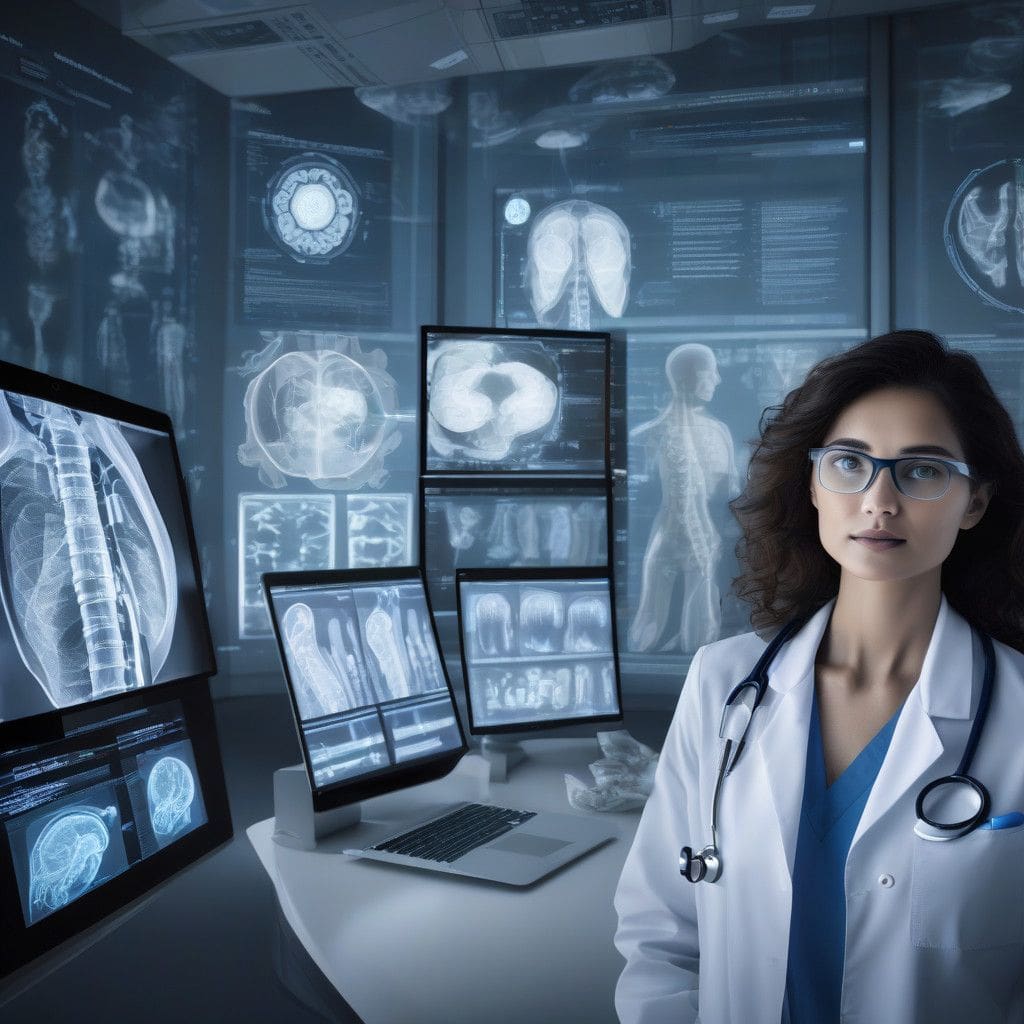Recent findings from Osaka Metropolitan University have attracted significant attention within the medical community, indicating that OpenAI’s ChatGPT, utilizing its GPT-4 architecture, has outperformed trained radiologists in diagnosing brain tumors. This compelling study suggests not only the potential of AI in the diagnostic field but also its capacity to support healthcare professionals in their critical roles.
The research involved a meticulous comparison of diagnostic accuracy among ChatGPT, neuroradiologists, and general radiologists. Using 150 MRI reports, the study revealed that ChatGPT achieved an impressive accuracy rate of 73%. This performance slightly surpassed neuroradiologists, who reported a 72% accuracy, while general radiologists had a lower accuracy of 68%. Such results highlight a fascinating shift where AI systems can challenge human expertise in specific medical domains.
What makes these results even more intriguing is the variability in ChatGPT’s accuracy based on the source of the MRI reports. The AI’s performance peaked with neuroradiologist reports, reaching an astounding 80% accuracy. In contrast, it declined to only 60% when evaluating reports authored by general radiologists. This inconsistency raises important considerations about how contextual factors—such as the complexity of the reports—may influence AI diagnostic capabilities.
Lead researcher Yasuhito Mitsuyama expressed optimism about the future applications of AI in medicine, particularly regarding its potential to enhance diagnostic processes across various medical fields. As healthcare systems globally confront rising demands and a shortage of trained specialists, AI tools could play an increasingly pivotal role in alleviating routine workloads and streamlining diagnostic workflows.
Moreover, this groundbreaking study underscores the evolving partnership between human experts and artificial intelligence. While ChatGPT does not replace the nuanced understanding and experience of trained professionals, it can significantly enhance diagnostic precision, which is crucial for timely and effective treatment. Medical professionals are being encouraged to integrate AI technologies into their practices, with the aim of improving patient outcomes and optimizing resource management.
The implications extend beyond diagnostics. Researchers envision AI’s utility in medical education, where AI tools can provide training and support for aspiring radiologists, enriching their understanding and enhancing their accuracy over time. This approach could foster a new generation of medical professionals who are equally adept at utilizing advanced technologies as they are in classical diagnostic methods.
Consequently, the healthcare sector must be proactive in addressing the challenges associated with AI implementation, including ethical considerations, data privacy, and the need for regulatory frameworks. Ensuring that AI tools like ChatGPT are used responsibly and ethically in clinical settings will be paramount in maximizing their benefits while minimizing potential risks.
AI technology is advancing rapidly, and its integration into healthcare is not merely a possibility; it is already becoming a reality. This study represents not just a singular achievement but a potential turning point in how medical diagnostics may be approached in the future. As AI continues to evolve and improve, its role in the healthcare landscape will likely expand, offering unprecedented support to medical professionals.
In conclusion, the study conducted by Osaka Metropolitan University paves the way for a future where AI is an integral part of the diagnostic process, enhancing the accuracy and efficiency of medical evaluations. The synergy between human expertise and AI capabilities, as demonstrated by ChatGPT’s performance, underscores a transformative potential that may redefine medical practice in the years to come.












